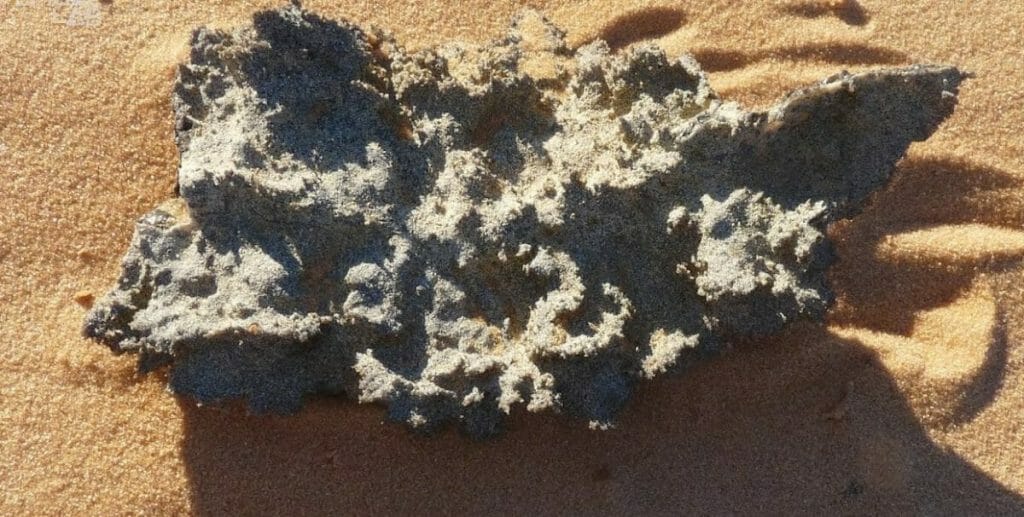Does Sand Conduct Electricity?

This article will explore whether sand can conduct electricity and other fun-related facts.
You might have heard countless times that sand is an insulator and doesn’t conduct electricity. This is true. However, if you look at the structure of an atom, then you would find that the atoms do not share the outermost shell of electrons. So even though it doesn’t conduct electricity, electrons can move between the atoms of sand. This is possible since the electrons are not bound to the atom and are more of a cloud.
Sand is mostly made up of loose, granular materials like rock fragments, mineral particles, or materials from the ocean. It is mostly composed of silicate minerals and small pieces of silicate rock.
Is Wet Sand Conduct Electricity?
Wet sand is highly conductive.
The resistance of wet sand, according to Ohm’s Law, is a function of the amount of water the sand contains, the area of the sand grains, and the type of sand. The conductivity of dry sand is much greater than that of wet sand, so much so that it would be almost impossible to measure any resistance in dry sand.
The resistance of a given amount of wet sand is about ten times that of the same amount of dry sand.
Is Sand a Good Conductor of Electricity?
Sand is a poor conductor of electricity, so touching a wire or metal object connected to electricity will not transfer the electricity to your body through the sand.
The sand will insulate you, preventing the electricity from passing through your body. It is possible to get electrocuted while standing in the sand, but it would require a very high voltage to overcome the resistance of the sand. Even standing in the sand, you must be incredibly close to a high-voltage source to be electrocuted.
If you were to touch a wire or metal object connected to electricity and then place your hand in the sand, the electricity would not pass through the sand to your body. The sand would insulate you from the electricity. The sand would not conduct the electricity from your hand to your body.
Is Sand a Conductor for Lightning?
The answer to this question is a simple no: sand is not a lightning conductor and does not affect lighting.
The reason that sand is not a conductor of electricity is that it is an insulator. Insulators are materials that do not conduct electricity. This is because insulators do not have free-moving electrons. A free-moving electron is what allows a material to conduct electricity. Sand is made of tiny grains of quartz, which is a non-metal. Non-metals generally do not conduct electricity.
If sand were a conductor, we would be at constant risk of getting shocked by lightning when we go to the beach.

What Could Happen if an Electric Current is Passed through Sand?
This is an interesting question! It is a question that has been asked by many, but the answer is not entirely agreed upon. So, let’s look at the science and see what happens when an electric current is passed through the sand.
Scientists can observe the properties of sand through methods of experimentation. Looking at the physical properties of sand, sand is made up of tiny little rock fragments known as quartz grains. Quartz is made up of silicon dioxide, which is a non-conductive material. Therefore, it is unlikely that the sand would conduct an electric current.
So, we’ve answered the question, “Is sand a conductor of electricity?” it turns out that it is not. The reason why some people believe that sand is not a good conductor of electricity is that dry sand is a good insulator. But as soon as you add water or moisten it, the sand becomes a conductor.
Video References
Amaze Lab
